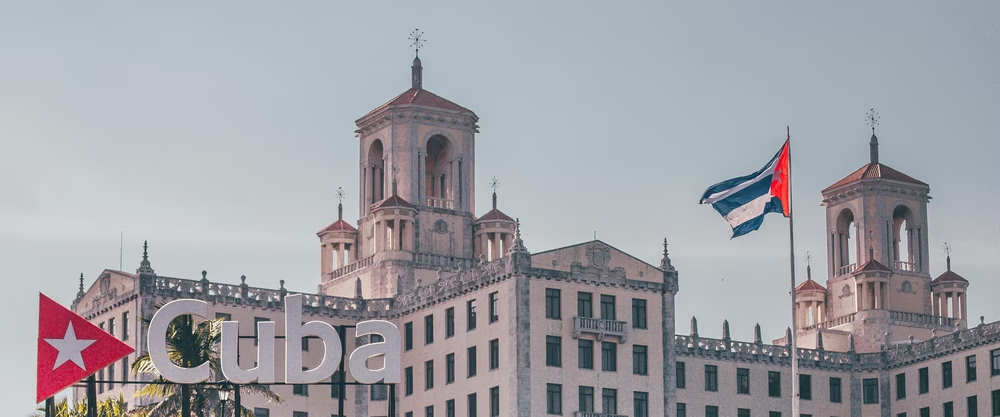

Are you planning on studying in Cuba? If you’re coming over as an international student, there are a few important things you’ll want to know: how to enrol, why this destination could be a good choice and what life is like beyond the classroom. We’ve put together this quick guide to help you decide if it’s the right fit for you.
Cuba’s so much more than just beaches and old-school cars. With a recognised public education system—mostly in medicine and social sciences— it’s a place full of history, Caribbean culture and a chilled-out lifestyle.
That said, Cuba is run by the Communist Party, so the culture adjustment can come with quite a shock when you arrive. Still, it’s a one-of-a-kind experience that’ll definitely take you out of your comfort zone, in a good way!
In Cuba, there are several cities to choose from, although your choice will likely depend on which university your institution has agreements with. Two of the most popular cities among international students are Havana —the capital and main university centre, with an active cultural life and international vibe— and Santiago de Cuba — the second largest city in the country, which offers a more relaxed pace and a truly authentic Cuban atmosphere—.
These are some of the most common requirements for international students in Cuba:
One of the main reasons for choosing Cuba as a study destination is its authentic cultural atmosphere and its friendly people. Life on the streets is filled with music, art, and a relaxed pace that invites you to enjoy the simple things in everyday life. Cubans are known for being friendly and welcoming, which makes it easier to settle in and make friends during your stay.
Cuba offers university programmes of international renown, particularly in fields such as medicine, social sciences and humanities. Students also benefit from the relatively low living cost, along with the chance to explore this island’s stunning natural landscapes —from unspoilt beaches and nature reserves to historic towns designated as UNESCO World Heritage Sites—.
If Spanish isn’t your first language, studying in Cuba provides an excellent opportunity to learn or improve it. University classes are mostly taught in Spanish, and daily life requires constant practice, both academically and socially. What’s more, living and studying in Cuba gives you the chance to experience a different social and political system first-hand, something many international students find both eye-opening and enriching, personally and professionally.
During your stay in Cuba as an international student, you'll find much more to experience than just uni life. In the north of the island, its capital city, Havana, invites you to stroll along the iconic Malecón, wander through the streets of Old Havana, and admire its colonial architecture, vibrant street art, and live music.
If you’re drawn to history, head east to Santiago de Cuba, a city that blends African heritage and Caribbean traditions, best experienced through its famous carnival and impressive colonial fortresses. For those seeking nature and adventure, the west of the country is ideal —destinations like Viñales offer striking landscapes with mountains, caves, and tobacco plantations to explore—.
Beyond the better-known cities, Cienfuegos stands out for its French-inspired architecture and peaceful seafront promenade, perfect for relaxed walks and discovering a quieter side of Cuba. Meanwhile, Camagüey surprises visitors with its winding streets and hidden plazas, perfect for exploring without a rush. And if it’s beaches you’re after, the cayos de Cuba—such as Cayo Santa María, Cayo Coco, and Cayo Guillermo—offer crystal-clear waters and white sand, making them a popular (though slightly pricey) weekend getaway.
On the culinary side, you’ll get to try local favourites such as “arroz congrí” (rice and beans), “ropa vieja” (shredded beef stew), yuca with mojo, and fresh tropical juices. The social scene is also lively: concerts, film festivals, literary gatherings and open-air activities are all part of the experience, making your time in Cuba far more than just an academic journey!
Find the ideal accommodation in your desired location